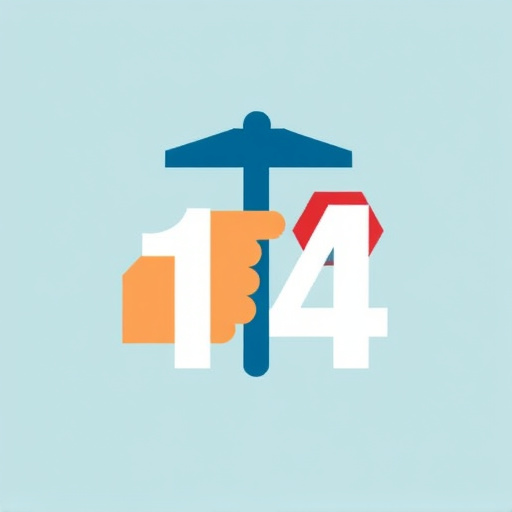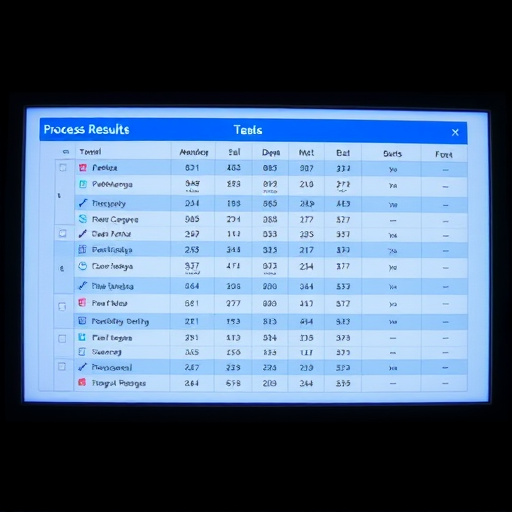Auto insurance policies, particularly Personal Injury Protection (PIP) insurance, play a vital role in ensuring appropriate medical treatments post-accident. Key components include PIP, offering financial support for medical expenses and lost wages within a 14-day claim initiation period, regardless of fault; liability coverage for damages to others' property or injuries caused by the policyholder; and comprehensive/collision coverages for vehicle damage. Understanding these aspects empowers informed decision-making when selecting an auto insurance plan. The 14-day rule associated with PIP insurance is crucial: claims must be initiated within this timeframe to qualify for benefits, ensuring prompt medical care and streamlined claims processing.
“Unraveling the complexities of auto insurance policies and their treatment of medical expenses is crucial for drivers navigating healthcare costs after an accident. This article guides you through the intricacies, focusing on Personal Injury Protection (PIP) insurance—a key component in many policies. We’ll explore the 14-day rule, common covered expenses, filing a claim process, and how PIP compares to other health insurance options. By understanding these aspects, drivers can make informed decisions regarding their auto insurance coverage.”
- Understanding Auto Insurance Policies and Their Coverage
- What is PIP (Personal Injury Protection) Insurance?
- The 14-Day Rule: A Key Aspect of PIP Claims
- Common Types of Medical Expenses Covered by PIP
- Process of Filing a Claim with Your Auto Insurance Provider
- Comparison: PIP vs. Other Forms of Health Insurance Coverage
Understanding Auto Insurance Policies and Their Coverage
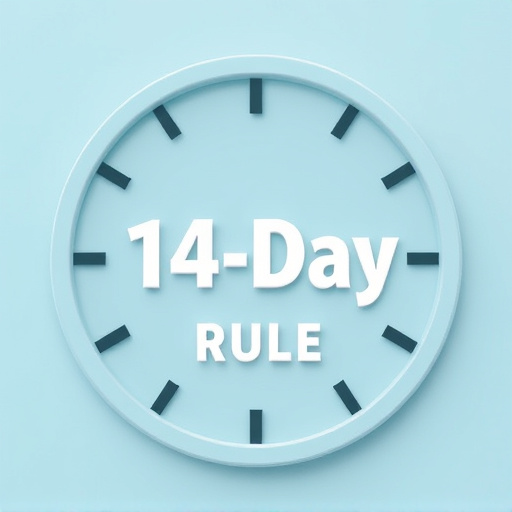
Understanding auto insurance policies is key to knowing what treatments are covered. These policies typically consist of several components, each offering distinct benefits. One crucial element is Personal Injury Protection (PIP) insurance, which provides financial protection for medical expenses and lost wages in case of an accident, regardless of fault. The 14-day rule associated with PIP insurance allows policyholders to initiate claims within a short timeframe, ensuring prompt access to necessary treatments.
Auto insurance policies also usually include liability coverage, which can help pay for damages to others’ property or injuries if you’re at fault in an accident. Comprehensive and collision coverages protect against damage to your vehicle from various events, including accidents and natural disasters. Understanding these different aspects helps individuals make informed decisions when choosing their auto insurance plan, ensuring they receive adequate treatment coverage in case of unforeseen circumstances.
What is PIP (Personal Injury Protection) Insurance?
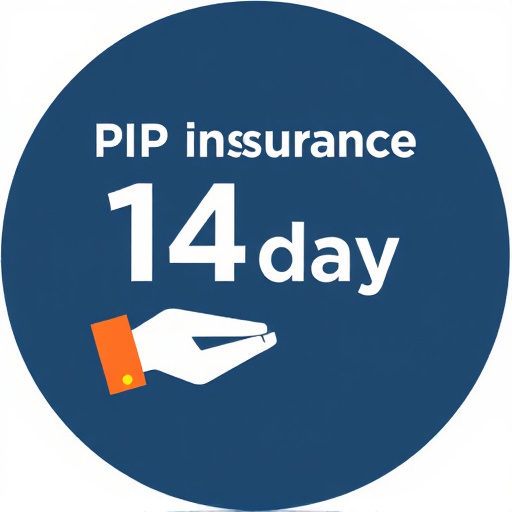
PIP, or Personal Injury Protection, is a type of auto insurance coverage designed to help individuals recover from injuries sustained in a car accident. It provides financial protection for medical expenses, lost wages, and other associated costs not covered by collision insurance. PIP is often confused with no-fault insurance, but while both aim to protect policyholders, their scopes differ.
A unique aspect of PIP insurance is the 14-day rule, which requires insured individuals to notify their insurance provider about an accident within 14 days. This timely notification ensures a smooth claims process and access to the benefits promised under the PIP policy. Ignoring this rule could lead to delays or denials of coverage, so it’s crucial for policyholders to be aware of this requirement.
The 14-Day Rule: A Key Aspect of PIP Claims

When filing a Personal Injury Protection (PIP) claim under your auto insurance policy, understanding the 14-day rule is crucial. This rule stipulates that you must seek medical treatment within 14 days of an accident to ensure your PIP benefits are covered. The rationale behind this regulation is twofold: it facilitates prompt and adequate care for injured parties and prevents fraud by establishing a clear timeline for medical engagements related to the incident.
Adhering to the 14-day rule means that if you or someone involved in the accident requires medical attention, it should be sought relatively soon after the occurrence. This timely approach not only aligns with best practices in injury management but also ensures your insurance company can verify the legitimacy and necessity of the medical claims, ultimately streamlining the claims process.
Common Types of Medical Expenses Covered by PIP

Process of Filing a Claim with Your Auto Insurance Provider
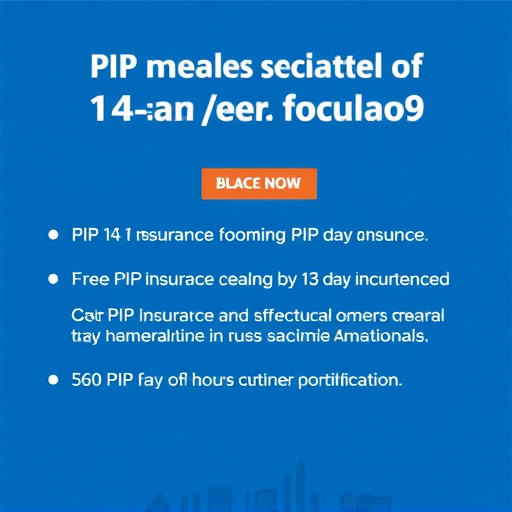
When you’re involved in an accident, the process of filing a claim with your auto insurance provider can seem daunting. However, it’s crucial to understand the steps to ensure a smooth claims journey. First, assess any injuries and seek immediate medical attention if needed. Then, gather essential information at the scene: exchange contact details with other drivers, document the incident with photos (if safe to do so), and record notes of what happened.
Next, contact your auto insurance provider as soon as possible. Most companies require you to file a claim within a specific timeframe, often 14 days according to PIP (Personal Injury Protection) insurance policies. Provide them with accurate details about the incident, including dates, locations, and any supporting documents like police reports or medical bills. Your insurance provider will guide you through the rest of the process, offering support and ensuring your rights are protected.
Comparison: PIP vs. Other Forms of Health Insurance Coverage
